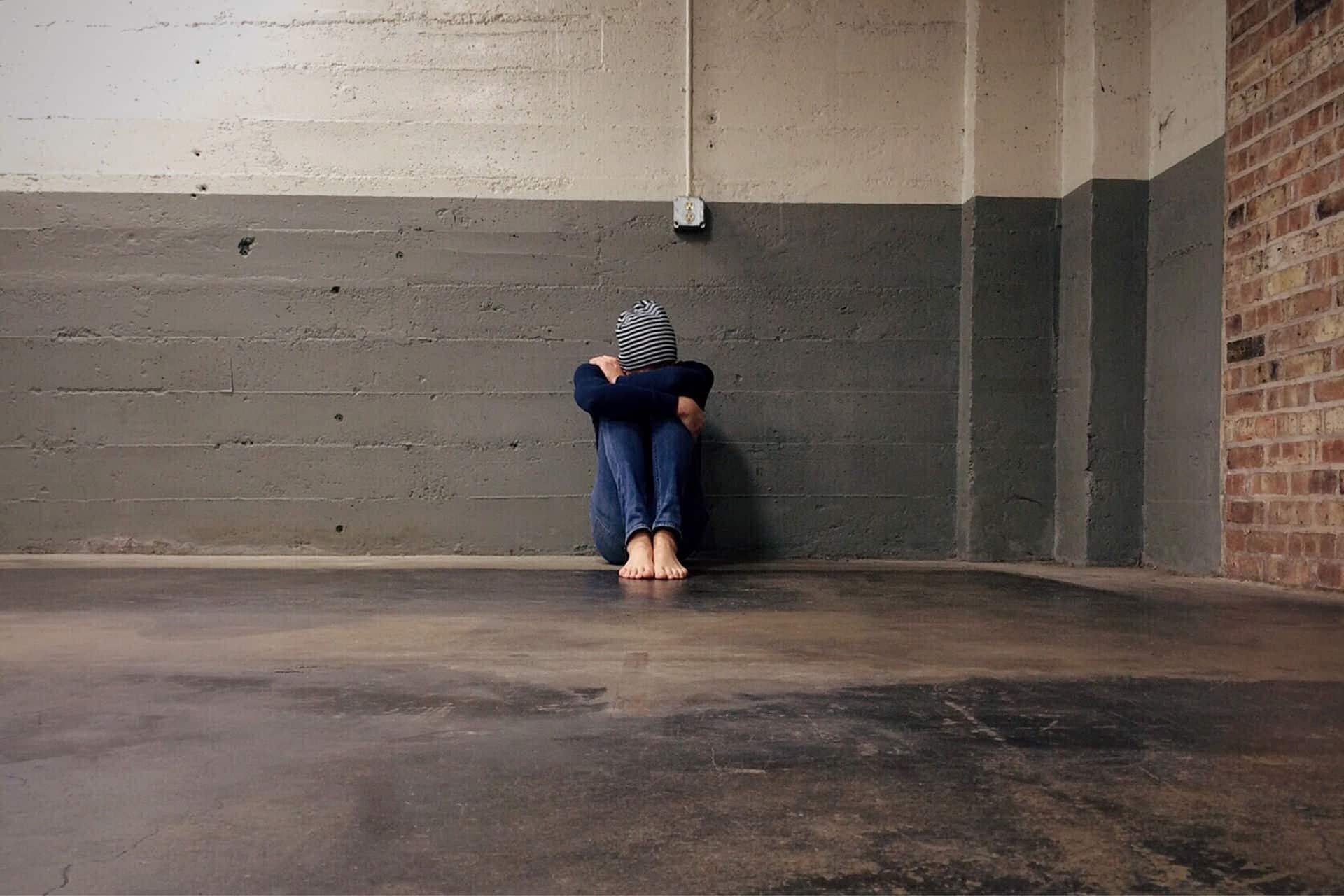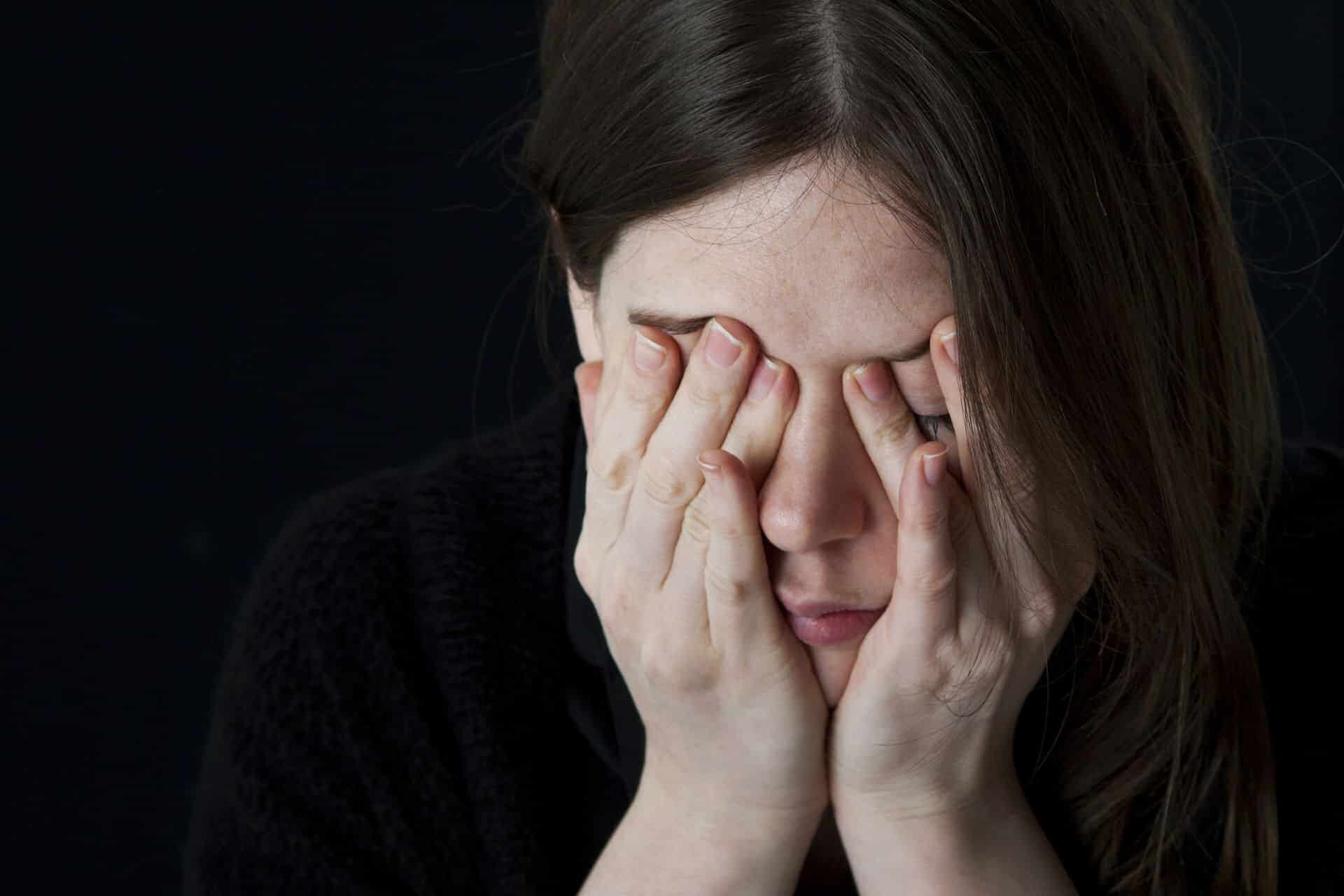Contact Orlando Treatment Solutions
For any other questions please call us or fill out the contact us form. We're here to help you at Orlando Treatment Solutions.
Contact Us Call Now (321) 415-3213Popular Post
In our modern world, addiction is not restricted to drugs and alcohol. It refers to a wide range of behaviors and activities in which individuals become profoundly involved, frequently at the expense of their well-being. Addiction takes many forms, from the virtual realms of technology to the familiar embrace of everyday routines, and it affects people from all walks of life.
What is Addiction
Addiction is a chronic condition characterized by obsessive use of a drug or activity, despite negative effects. It disrupts the brain’s reward system and impairs a person’s ability to operate in everyday life.
Genetics, environment, and mental health are all potential causes of addiction. People with a family history of addiction are more prone to develop it themselves. Trauma and persistent stress can also raise the likelihood of addiction. Furthermore, those suffering from mental illnesses like despair or anxiety are more prone to develop an addiction as a coping mechanism.
Let’s look at the top 11 things individuals are addicted to, shining light on the complexities of these habits and their effects on our lives.
Social Media: In the digital age, social media has become a pervasive presence, enticing millions with promises of connection and recognition. From continuously scrolling through timelines to obsessively checking alerts, the appeal of social media addiction is apparent. Platforms like Facebook, Instagram, and Twitter provide a steady stream of dopamine doses, keeping users hooked and seeking more.
Smartphones: Along with social media addiction, there is a fixation with smartphones. These pocket-sized marvels have transformed communication and entertainment, but they have also created a borderline addiction. Smartphones have become an integral part of modern life, whether it’s constantly checking messages, binge-watching movies, or playing games for hours on end.

Caffeine: A morning routine for millions of people, and caffeine addiction is profoundly embedded in society’s fabric. Caffeine, found in coffee and energy drinks, acts as a stimulant, increasing alertness and productivity. However, excessive intake can result in dependence, withdrawal symptoms, and altered sleep habits.
Junk Food: The appeal of junk food stems from its convenience, price, and, most significantly, flavor. Indulging in junk food, from salty nibbles to sweet desserts, delivers an irresistible source of rapid gratification. However, the pleasure received from these meals is generally fleeting, giving place to emotions of guilt and regret.
Gambling: The excitement of risk-taking, combined with the promise of rapid riches, has become a powerful influence in many people’s lives. Whether it’s playing casino slots or betting on sporting events, the pull of the next big gain may be alluring. However, what begins as innocent pleasure may rapidly escalate into a harmful habit, resulting in financial loss, damaged relationships, and psychological misery.
Work: In a society that values productivity and achievement, work addiction has grown more common. The constant quest for job success and financial stability frequently compromises personal well-being and work-life balance. The continual pressure to succeed and the fear of falling behind cause many people to overwork, compromising their physical and mental health.
Shopping: The joy of collecting new items, along with the transient lift in mood, makes shopping addiction a steep slope for many. Whether it’s clothing, technology, or luxury products, the act of purchasing delivers a short sensation of gratification that soon fades, leaving emotions of emptiness and regret.
Video games: Video games have the potential to become addictive due to their immersive and entertaining nature. People who are addicted to video games may ignore their obligations or relationships to play.
Alcohol: Alcohol acts as a depressant, slowing down the central nervous system. It can be addictive since it induces sensations of relaxation and happiness.
Drugs: Illegal drugs are very addicting and may ruin a person’s life. Drugs can affect brain chemistry, causing cravings and compulsive drug usage.
Nicotine: Nicotine included in traditional cigarettes and e-cigarettes, is extremely addictive and can lead to major health concerns.
Finally, addiction manifests itself in a variety of ways, each of which has a unique impact on individuals. Whether it’s the happy hormone surge from social media likes or the adrenaline rush from gambling, addictive behaviors have a tremendous and ubiquitous attraction. Recognizing the symptoms of addiction and getting assistance when necessary is critical for breaking free from its grip and regaining control of our lives.
Recognizing the Symptoms of Addiction
Addiction can be a complex issue, but understanding the signs of addcition can help you identify it in yourself or a loved one. Here are common symptoms to look out for
Behavior Change:
Preoccupation with the substance or activity: This may include spending too much time and energy on obtaining, using, or recovering from the addictive behavior.
Increased secrecy or lying: The person may try to hide their addiction from loved ones by lying about their whereabouts, finances, or substance use.
Neglected responsibilities: Work, school, hobbies, and relationships often suffer as the addiction takes priority.
Financial problems: Addiction can be costly, causing financial stress due to purchasing substances or neglecting bills.
Risky behavior: People struggling with addiction may engage in risky activities to obtain or use the substance, such as driving under the influence.
Changes in relationships: Addiction can cause arguments, isolation, and poor relationships with friends and family.
Tolerance: Over time, a person may need more and more of the substance to experience the same effects.
Physical changes:
- Red eyes, changes in sleep patterns, or weight fluctuations.
- Physical symptoms of withdrawal, such as tremors, sweating, or nausea, occur when the substance is discontinued.
- Deterioration in personal hygiene or appearance.
Benefits of Addiction Treatment
Addiction treatment can be life-changing for those struggling with substance abuse. Here are some of the benefits of seeking help:

Improved physical health: While addiction can harm the body, therapy can help people improve their overall health. This can include better sleep, more energy, a stronger appetite, and a healthy weight.
Improved mental health: Addiction can cause mental health issues including anxiety and sadness. Treatment can help people deal with these challenges and create healthy coping methods.
Increased productivity: Addiction can make it difficult to maintain a career or be effective in school. Treatment can assist individuals in developing the skills and tools required for professional and academic success.
Reduced risk of relapse: Addiction is a chronic condition, but therapy can help patients lower their chances of relapsing. Treatment programs educate people on how to recognize their triggers and create coping methods to prevent taking drugs again.
Contact Orlando Treatment Solutions
Remember, addiction is a treatable condition. If you or someone you know is struggling with addiction or a mental health condition, contact Orlando Treatment Solutions today so you can learn more about our services and see if we’re a good fit for you.
Call us today at (321) 415-3213 to schedule a consultation. We look forward to helping you on your journey to recovery.
Contact Us
CALL US NOW
Orlando Treatment Solutions will iron out the details for you in a manner that will make you confident in your path to sobriety. That first simple call is your ticket to making Orlando Treatment Solutions your solution for addiction. Get the freedom from addiction that you deserve today.
Call us now on (321) 415-3213Updated News
LATEST POSTS
Orlando Treatment Solutions makes numerous media outlets available to encourage you in your recovery process. Digital media literature is approved by a licensed professional and intended to guide you in your recovery path.

Years of experience
Our leadership team has extensive experience in dual-diagnosis treatment and is ready to help those who are struggling with substance use and mental health.

Specialists
Our staff consists of many licensed addiction and mental health treatment facilitators and other staff who are ready to share their experience and their success.

Happy patients
Orlando Treatment Solutions has helped over 2,000 people who have struggled with substance use (alcohol and drug addiction) and mental health find freedom.
Contact Us
GET IN TOUCH
Reaching out to Orlando Treatment Solutions may be the most important call of your recovery process. A caring professional is waiting for your call to be your guide to addiction-free living.
Need Help? Contact Us
Areas and Cities We Serve SUD & Mental Health Treatments in Florida
Oviedo Deland Palm Coast Jacksonville Port St. Lucie Tampa Altamonte Springs Kissimmee St Cloud Winter Garden Winter Park Clermont Melbourne Sanford Deltona Lake Mary Mount Dora Leesburg The Villages Union Park St. Augustine Dupont Port Orange Ormond Beach Holly Hill Daytona Beach Edgewater Oak Hill Maytown Eldora Geneva Titusville Christmas Port St. John Port Canaveral Cocoa Beach Osteen Satellite Beach Palm Bay Roseland Sebastian Fellsmere Gifford Rockledge
 info@shc.health
info@shc.health 




